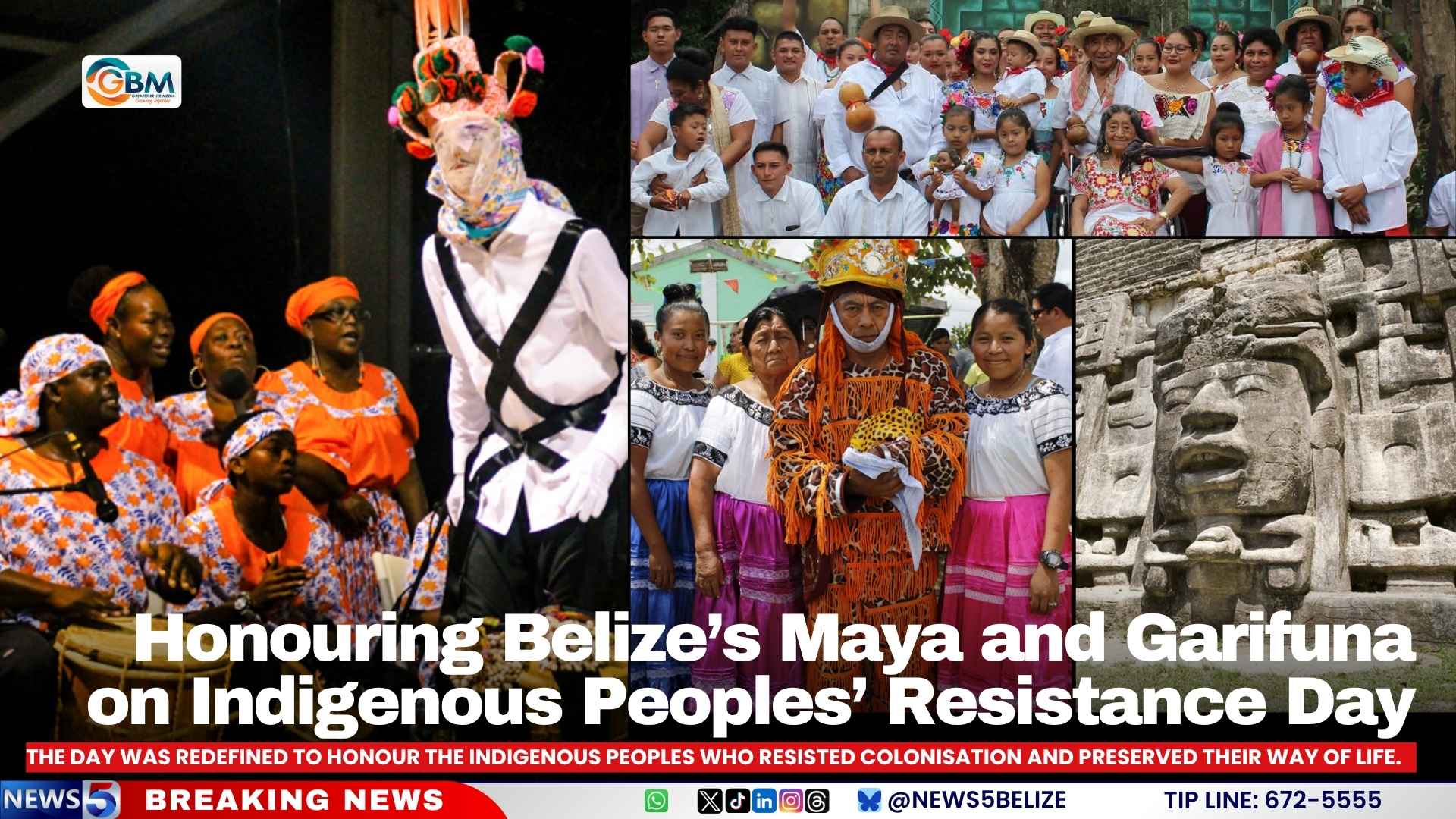On October 12th, Belize joins the Americas in commemorating Indigenous Peoples’ Resistance Day, a day dedicated to celebrating the resilience, culture, and enduring legacy of Indigenous communities. This significant occasion replaces the outdated narrative of ‘discovery’ with a focus on resistance, acknowledging that the lands Christopher Columbus encountered in 1492 were already inhabited by thriving societies. For decades, the day was observed as Columbus Day, but a deeper understanding of history has led to a profound shift in perspective, redefining the day to honor Indigenous peoples who resisted colonization and preserved their way of life. In Belize, the day pays tribute to the country’s two main Indigenous groups: the Maya and the Garifuna. The Maya, one of the region’s oldest civilizations, continue to uphold ancestral practices such as farming, spiritual ceremonies, and community traditions. Belize is home to three distinct Maya groups: the Yucatec Maya, the Mopan Maya, and the Ketchi Maya, each maintaining their own language, customs, and cultural identity while sharing deep historical and spiritual ties to the land. Many Mestizos in Belize also carry Maya ancestry, a legacy of intermarriage between Indigenous peoples and Spanish settlers during and after colonization, forming a unique cultural identity that connects Mestizo communities to Maya heritage. The Garifuna, descendants of West and Central Africans who intermarried with Indigenous Caribbean peoples on the island of St Vincent in the 17th century, are also honored today. Their culture, recognized by UNESCO in 2001 as a Masterpiece of the Oral and Intangible Heritage of Humanity, is celebrated for its language, music, dance, storytelling, and communal rituals. Beyond cultural expression, the Garifuna play a vital role in local governance, education, and the defense of ancestral lands, ensuring their heritage and identity remain alive for future generations. Today’s observance serves as a reminder of the need to protect Indigenous rights, cultural heritage, and land security, while also calling for reflection on Belize’s multi-ethnic identity and shared history.
